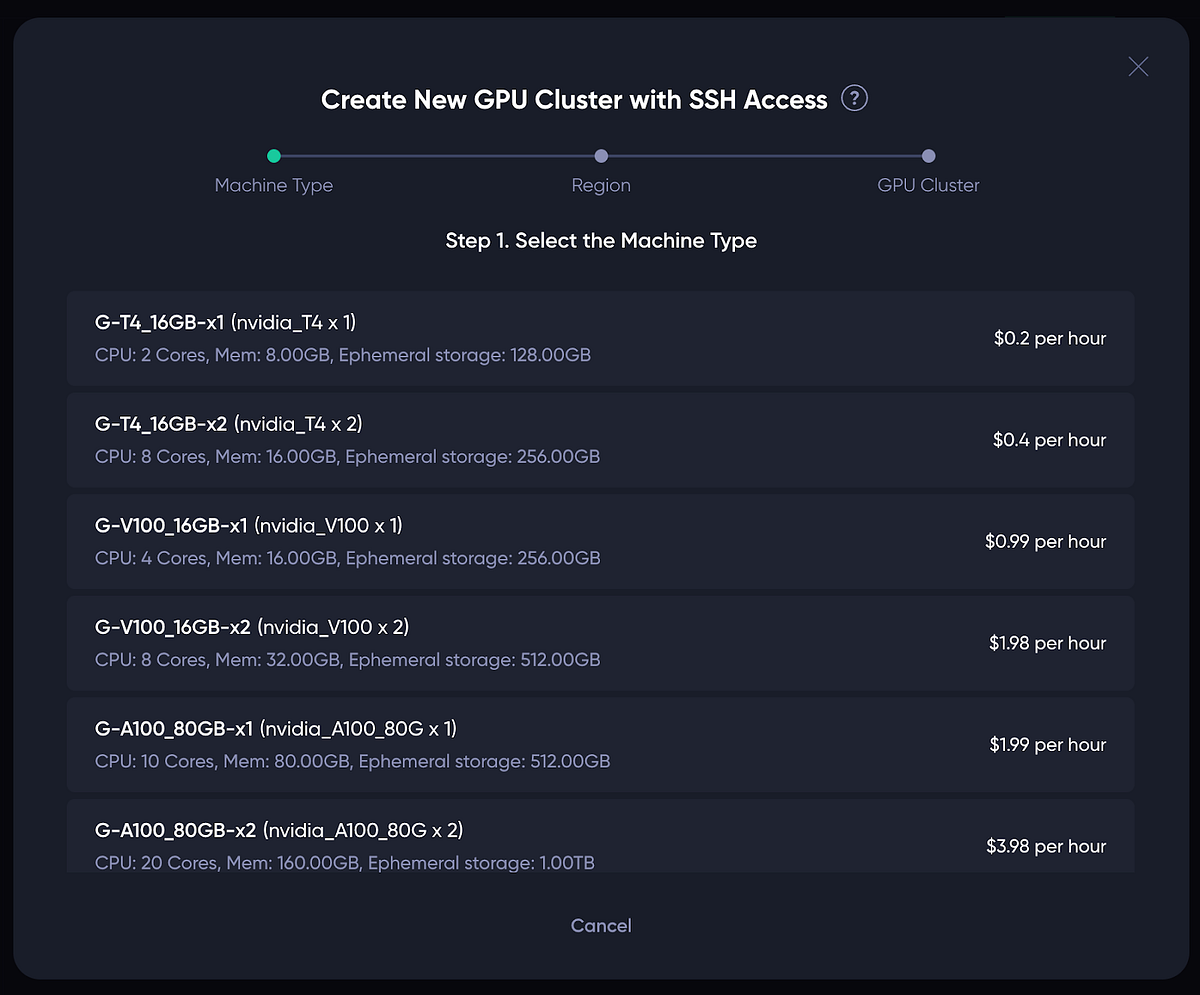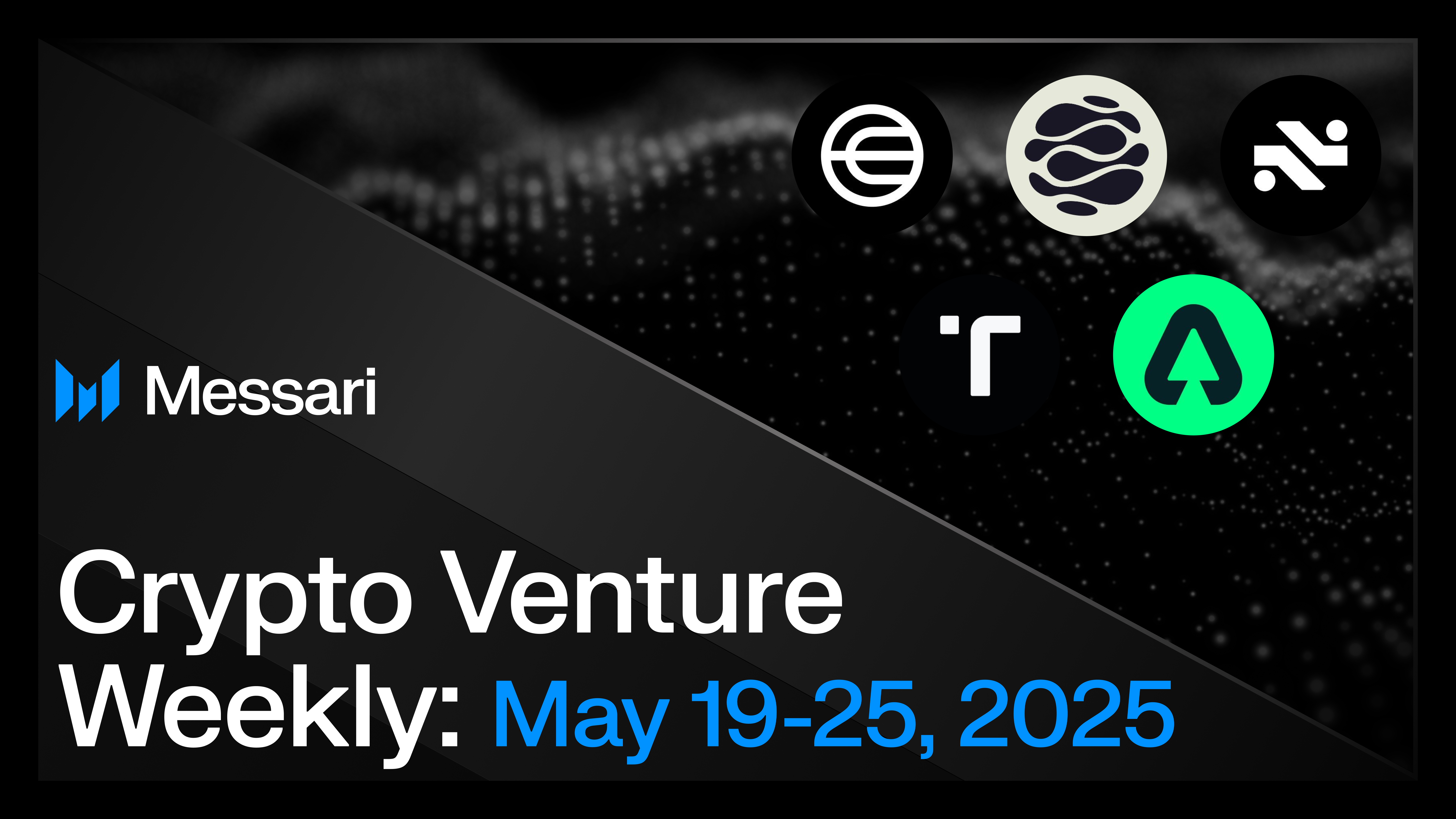Verida Vault Alpha Launch and Upcoming Initiatives

Verida, a pioneering project in the realm of data privacy, has recently announced several exciting developments that mark significant milestones for the company. The highlight of these updates is the launch of the Verida Vault Alpha, a secure platform that empowers users to manage their personal data across various applications, including Google and Telegram. This innovative solution not only prioritizes user privacy but also opens up opportunities for developers through newly released APIs, allowing them to create AI agents and data DAOs on Verida’s secure infrastructure. The Verida Vault aims to ensure that users maintain control over their data while leveraging privacy-first AI technologies.
In addition to the launch of the Verida Vault, the company has garnered recognition as a finalist for the $POL Rush competition organized by the Polygon Network. As one of the top ten projects, Verida will be pitching at an upcoming event in Bangkok during Devcon, showcasing its commitment to providing a private data storage solution that supports Personal and Private AI. The community is encouraged to participate in the Community Choice Awards, as their votes could significantly impact Verida’s visibility and success in the competition.
Verida is also proud to announce its nomination for the Finder Innovation Awards in Australia, further emphasizing the innovative work being done by the team in the Web3 space. As the company prepares for its participation in Devcon, it is launching a whitelist for Verida AI, granting early access to developers focused on user data privacy. This initiative represents a unique opportunity for builders to explore Verida’s capabilities and contribute to the evolution of Personal and Private AI. With these developments, Verida is paving the way for a future where individuals can fully control and benefit from their data, and the team is excited to continue this journey with the community’s support.
Related News





